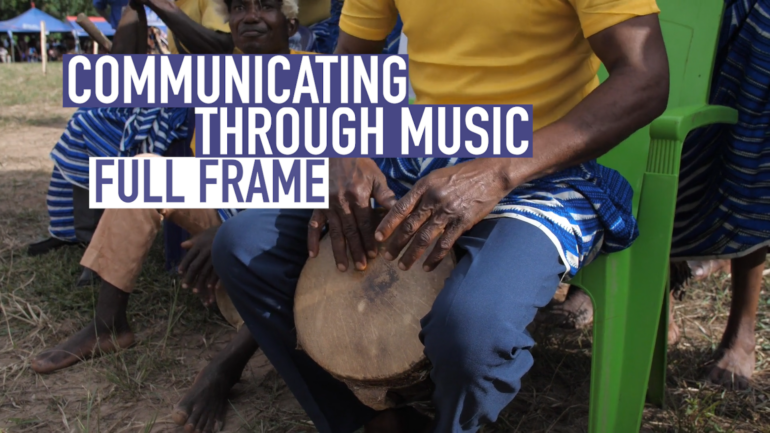Since the very beginnings of our society, humankind has expressed itself to the beat of a drum. But as times have advanced, how has our relationship with music changed?
Can you ban a genre of music?
Since the very beginnings of our society, humankind has expressed itself to the beat of a drum. But as times have advanced, how has our relationship with music changed?
Since the Beatles came under fire for their remarks on being larger than religion in the 60s, calls to ban artists and entire genres of music have emerged from time to time.
Gangster rap and reggaeton drew criticism and police crackdowns in the 90s across the United States and Puerto before becoming the popular global genres they are today.
Recently rap’s newest subgenre, Drill, has come under fire, with the Mayor of New York Eric Adams calling to ban the music in its entirety.
Full Frame speaks with rapper and filmmaker Jordan Coleman, famously defended the genre of music against Mayor Adams’ ’s calls to ban it, despite being his own son.
Storytelling and building bridges through music
A former immigration policy specialist, Elena Fulana has found her sound blending the folk music of her native Nicaragua with those of the United States.
A lifelong lover of music Elena founded her band Elena & Los Fulanos in 2011 while she was still analysing immigration policy in Washington DC. A year later she had left the world of political halls and think tanks for that of the stage.
Since then her career has seen her perform across some of the nation’s most illustrious concert halls including the John F. Kennedy Center for the Performing Arts and The Library of Congress. Bringing audiences tales of life back home, in the states, and the journey some make along the way.
Today she uses her music to tell stories of topics she is passionate about. With lyrics like “I love you from afar even if you can’t feel it Left my name in my homeland with our sadly suffered goodbyes.” Elena shares the international stories of a fused culture.
Ubuntu: healing through ancestral traditions
Liverpool is the birthplace of modern pop and rock music. Music runs deep through this multicultural melting pot of a city.
Some local residents however are turning to ancestral forms of music and communal therapy to find healing.
Alan Kaishin Crawford is a councillor and musician who has brought the ancestral African practices of Ubuntu (an ancient African word meaning humanity to others) to Liverpool’s Caribbean Community Centre.
Through drumming, remembrance, reflection and group communication Alan and his community turn to humankind’s longest running form of mental mediation.
 CGTN America
CGTN America
